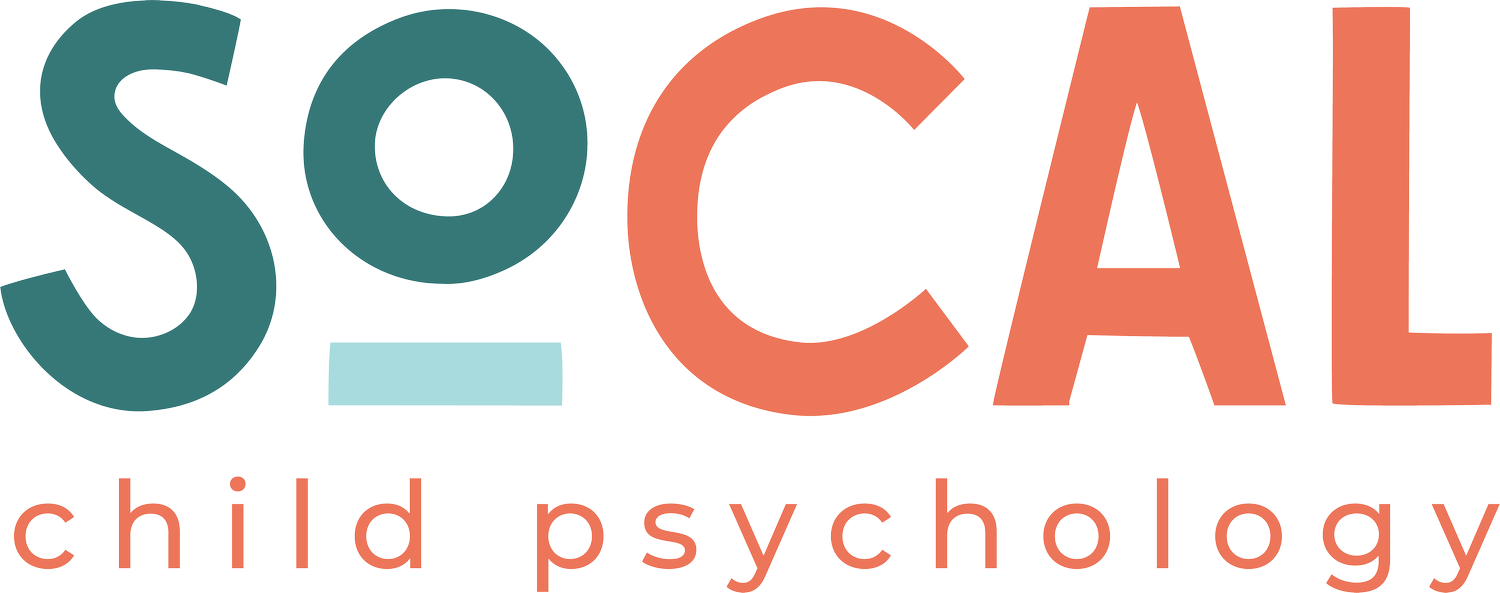Is ADHD Considered Neurodivergent?
Understanding Neurodivergence and ADHD
It’s estimated that 15-20% of the population is neurodivergent. That number is so high because we’re learning more about what actually being neurodivergent means, and different conditions fall under its umbrella.
ADHD is one of the most common neurodivergent conditions. Simply put, ADHD means the brain processes and functions differently, impacting things like focus, organization, and emotional regulation.
It doesn’t make you less intelligent or mean there is anything “wrong” with you. It’s just a different way of thinking. As more people start to understand that, the stigma surrounding ADHD can start to fade.
At SoCal Child Psychology in La Jolla, we’re passionate about helping families understand ADHD, reduce stigma, and build strategies that work for their child’s needs.
Let’s take a closer look at exactly why ADHD is considered neurodivergent and what you can do to manage it if you or your child has been diagnosed with the condition.
How ADHD Shows Up in Kids & Teens
ADHD is often considered a children’s condition, but that’s because most diagnoses of ADHD are made at a young age. If you don’t show strong symptoms as a child, it doesn’t mean the ADHD isn’t there.
It typically starts in childhood when your brain is developing. Researchers believe that people with ADHD go through different brain development and have a different chemistry.
Someone with ADHD might process things differently, experience rewards differently, and have different challenges and strengths than most people.
Common ADHD Traits Include:
Difficulty concentrating or staying on task
Having a hard time staying organized
Forgetting important dates or details
Tuning out during conversations, affecting friendships
Challenges completing schoolwork, despite effort
These struggles are not about willpower or poor parenting. ADHD is linked to brain chemistry and structure, which is why it’s considered a neurodivergent condition, not a behavioral choice.
Celebrating the Strengths of Neurodivergence
After years of research, we understand neurodivergent conditions more than ever and how the brain works differently for some people.
There is no denying that people with ADHD and other neurodivergent conditions face challenges that others don’t.
However, celebrating the differences of neurodivergent people will help to eliminate negative and harmful stereotypes.
Children and teens with ADHD often:
Show high energy and enthusiasm
Think outside the box with creativity and curiosity
Show deep empathy and compassion for others
Bring unique problem-solving skills
How Therapy Helps Kids Manage ADHD
While ADHD can’t be “cured”, therapy offers effective strategies for families to thrive.
In child therapy for ADHD, kids learn how to:
Regulate thoughts and feelings
Develop problem-solving skills
Strengthen organizational skills
Build self-confidence and resilience
For many families, a combination of therapy and medication is most effective. Our team works closely with parents and, when helpful, with schools to ensure kids get the right support in every setting.
Therapy for ADHD Kids in San Diego
At SoCal Child Psychology, we specialize in ADHD evaluations, therapy for children, and parent support sessions. Families in La Jolla and across San Diego turn to us because we offer:
A warm, family-centered approach
Evidence-based therapies like CBT
Comprehensive ADHD testing and psychological evaluations
Parent-focused coaching and guidance
Collaboration with schools to advocate for your child
If you have been searching for a child therapist in San Diego or want clarify on whether ADHD is impacting your child, we’re here to help.
👉 If you’re looking for a child therapist in San Diego or La Jolla, contact SoCal Child Psychology today. Whether you’re ready for an ADHD evaluation, therapy for your child, or parent guidance, we’ll walk with you every step of the way.


